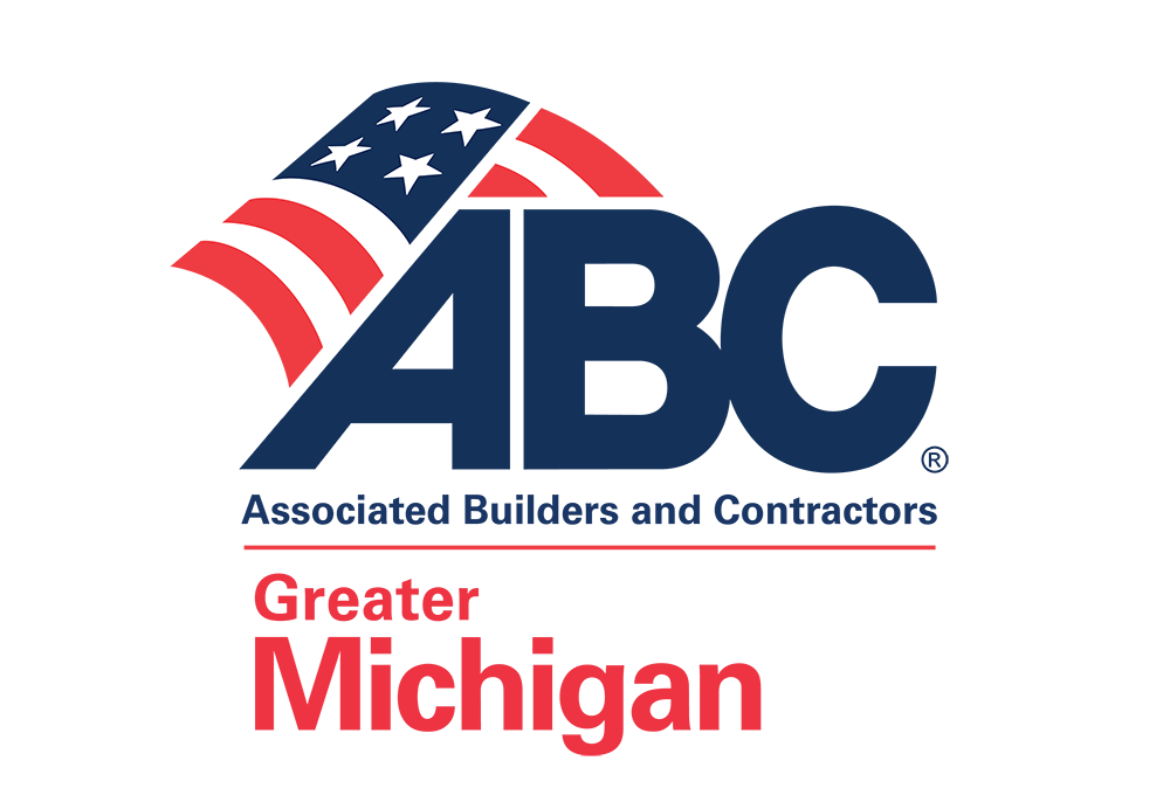In good news for merit shops, the General Counsel’s office of the National Labor Relations Board (the “NLRB” or the “Board”) released an Advice Memorandum on May 14, 2019 that may signal the approaching extermination of “Scabby the Rat.”
The National Labor Relations Act (the “NLRA”) prohibits a union from threatening, coercing, or restraining others from doing business with a “neutral employer.” A “neutral employer” is one without a direct dispute with a union. Not infrequently, a “neutral employer” will subcontract with a “primary employer” that is engaged in an active labor dispute. For instance, a merit shop general contractor on a construction project might subcontract electrical work to a union shop that is in a dispute with the union. The union shop, as the “primary employer,” is the target of the union. The NLRA provides that in targeting the “primary employer,” the union cannot take any actions that interfere with the business of the general contractor because the general contractor is considered “neutral” with respect to the dispute between the “primary employer” and the union.
While it is clear that the NLRA makes it illegal for a union to interfere with the business of a “neutral employer,” less clear is what constitutes prohibited interference. Generally, picketing or boycotting a “neutral employer’s” job site is impermissible interference. Conversely, the United States Supreme Court has expressly held that “hand-billing” at a “neutral employer’s” job site is lawful protected activity.
“Scabby the Rat” is a large inflatable balloon depicting a grotesque, cartoonish rat. Displaying “Scabby” draws attention to job sites and portrays employers in a negative light. Common sense would seem to dictate that the presence of a giant inflatable “rat” at a “neutral employer’s” job site would interfere with the “neutral employer’s” business. But, perhaps unsurprisingly, that is not how the NLRB saw it during the Obama Administration. Instead, in three decisions issued in the 2010 to 2011 timeframe, the NLRB concluded that a union did not threaten, coerce, or restrain a “neutral employer’s” business by: (1) floating a giant “Scabby the Rat” balloon at least 100 feet from its front door; or (2) displaying large banners that indicated that the job site was the subject of a “labor dispute.”
In positive news for employers, the Advice Memorandum released by the Board’s office of General Counsel recommends ending the use of “Scabby” and related large inflatable characters or banners. The Memorandum was issued in response to a case where a union’s admitted target was an electrical subcontractor doing work at a “neutral employer’s” job site. To target the subcontractor, the union displayed a 15-foot sized balloon dubbed “Corporate Fat Cat.” The balloon depicted a cat in a suit, smoking a cigar, and choking a construction worker. The union also displayed a large banner stating “LABOR DISPUTE: SHAME SHAME.” The “neutral employer” that hired the electrical subcontractor filed a complaint with the NLRB alleging that the union’s actions threatened, coerced, or restrained others from doing business with it.
In its Advice Memorandum, the General Counsel’s office agreed with the “neutral employer” and urged the NLRB to issue a complaint charging the union with a violation of the NLRA. Applying common sense, the General Counsel’s office noted that any member of the public who needed to transact business at the job site would likely stay away to avoid confrontation upon seeing a banner saying “LABOR DISPUTE: SHAME SHAME” and a “Corporate Fat Cat” balloon. Accordingly, the General Counsel’s office found that the use of the banner and giant balloon was no different than picketing, an activity that is agreed to be unlawful at a neutral job site.
While the Advice Memorandum is good news for employers, “Scabby the Rat” and his brethren are not dead yet. For starters, the case the Advice Memorandum was issued in settled prior to the Board taking any official action on the use of “Scabby” at neutral job sites. As a result, while the General Counsel is on record recommending the extermination of “Scabby,” the Board has yet to issue any formal decisions reversing its existing position on the subject. Perhaps more significantly, a federal court in New York recently rejected the Board’s request for an injunction barring the use of inflatable rats and cockroaches by a union outside a grocery store on Staten Island. In its decision, the court stated that the use of inflatable rats and cockroaches by the union was protected free speech under the First Amendment of the United States Constitution. Thus, while it is working to do away with Scabby, it is far from certain that the office of General Counsel will ultimately succeed. Therefore, before dusting off the BB gun to deflate “Scabby,” employers are strongly advised to contact their labor lawyers for advice on how best to deal with union activities that threaten, coerce, or restrain business.
Masud Labor Law Group
